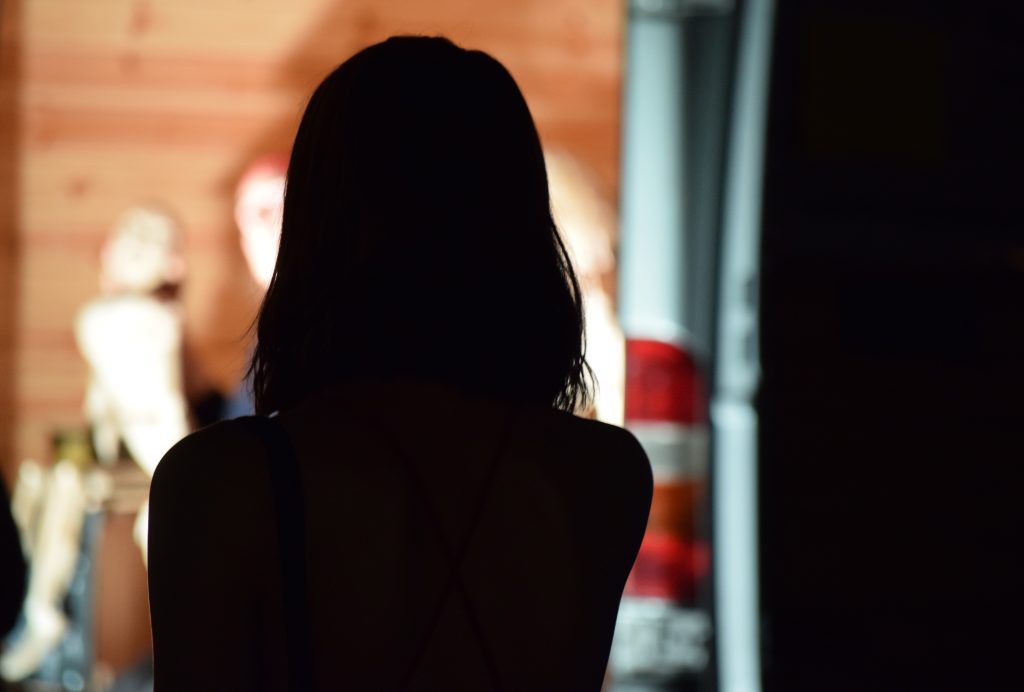
Sexual Abuse – we must break taboos and strengthen services
By: Sara McHaffie
In Glasgow, organisations are raising awareness of sexual abuse this September. One event is a screen debate on 18th September by the Women’s Support Project.
It can be difficult to talk about child sexual abuse and child sexual exploitation. We don’t want to think it’s as common as it actually is. But sadly figures show that at least one in twenty children is abused. We can’t know the true scale as so many children aren’t able to speak out and many who try are ignored. We don’t want to think it happens in our communities but many resources and reports show that it affects all communities.
Abusers take advantage of silence and of fear of challenging ‘respected’
community members. We can take back control of the narrative by sharing evidence about the reality of what happens. We can do this without further stigmatising the victim/survivors of abuse. We can challenge any victim-blaming we hear. No child can ‘ask for’ or ‘deserve’ sexual abuse.
Amina MWRC contributed to research from the Scottish Children’s Reporter Administration which highlights some improvements that could lead to less children being abused. The report shows many existing barriers. Interpreters can, at times, collude with abusers, perhaps unintentionally. At other times, children are expected to translate for their parents as interpreters are not provided. Children shouldn’t be expected to relay sensitive information like this. The report highlights that services often have a reputation of being culturally insensitive.

Another issue is a lack of understanding among parents of the Scottish approach to child protection which involves agencies such as schools working together with parents, sharing information to best protect children. As well as parents becoming more comfortable linking with services, services can strive to ensure no children fall between the cracks.
This report shows that services fail to spot abuse in children from ethnic minority communities, and that it’s left to faith and community organisations to raise the alarm.
The Muslim Women’s Network’s ‘Unheard voices’ report from 2013 includes this quote from Shaista Gohir
“We can’t say from the research that child sexual exploitation is more of a problem in Asian or Muslim communities but what we can say is that Asian or Muslim victims often fall through the net. Their abuse goes unreported and they are not provided with the support they need. The sad reality is that sexual predators come from all backgrounds and tend to target those closest to them.”
A more recent report from The Children’s Society includes Professor Aisha K Gill saying
“It is imperative to use culturally tailored and community CSE interventions designed specifically for members of South Asian communities, as it has been suggested that these address the unique
backgrounds of South Asian women and acknowledge their distinctive barriers to reporting; as a result, those interventions are more successful”.
If you’re interested in learning more about what you can do, get in touch with us and if you’re in Glasgow, keep your eye out for events that might be helpful.
#YouCanChangeThis

